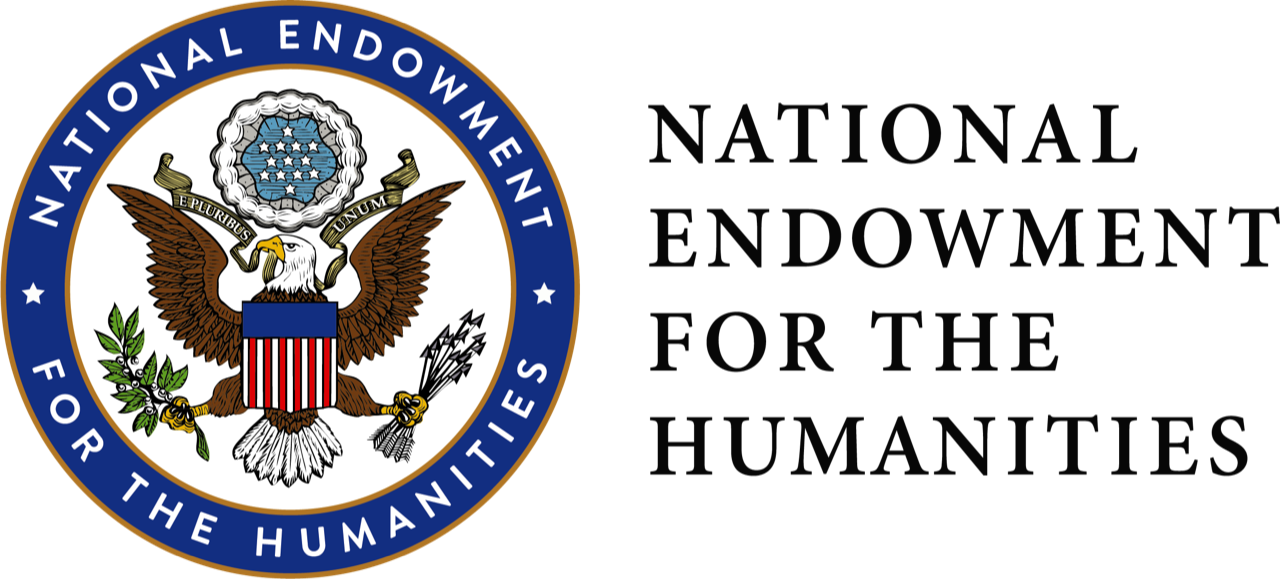Buki-ben-Yogli_commentary_Letters-of-Uncle-Yaakov2
Media
Part of The Letters of Uncle Yakov - Letter Two
Commentary
Buki Ben Yogli, “The Letters of Uncle Yakov – Letter Two,” 1882. Commentary by Brian Horowitz
This feuilleton, “Letter from Uncle Jacob” ostensibly focuses on the confusion of educated Jews during the pogrom years in Russia of 1881-82. Buki Ben Yogli, the pseudonym of the Russian-Jewish author Leib Katzenel’son (1846-1917), was uniquely placed to deal with these issues. Right away he asks the accursed question for Jews: “what to do” in response to rape, beatings, and even killing during the first pogroms of 1881-82. After the initial shock, Jews began to wonder, what next? Uncle Jacob, a stand-in voice of the author himself used in two feuilletons from this time, lists the various alternatives. We see him learning English in preparation for emigration to the United States. After his enthusiasm for the United States wanes, we encounter him studying Arabic for eventual emigration to Palestine. That too has downsides. Then he is learning Mongolian in the hope of moving to Russia's Far East. Nothing appears as attractive as remaining in Western Russia with its familiar terrain, culture, people, and Jewish way of life.
Read Full
Katzenel’son’s position makes sense in light of who he was. His father died when he was very young and he grew up in Bobruisk in Belarus (then Belorussia). He was poor and often lived as an itinerant, moving from place to place. He became extremely adept at Talmud and was considered a genius (ilui). In 1866, he enrolled in the government’s Rabbinical Seminary in Zhitomir. When he finished in 1872, he started medical school and finished just in time to serve in the Russian-Turkish war. After the war, he moved to St. Petersburg and found a position at the Alexandrov Hospital and began writing for the Hebrew and Russian press. The feuilleton that appears here first appeared in the weekly newspaper, Russkii Evrei (Russian Jew) in 1882. The essays published in Russkii Evrei were republished as a collection in 1902 (Buki-Ben-Yogli, Mysli i grezy (Thoughts and Inklings), St. Petersburg: Yosif Lur’e, 1902).
Katzenel’son belonged to the Petersburg elite, a small group of hyper-talented and educated individuals who gained the right to live in the capital city by virtue of their education (in case of this writer) or wealth (First Guild status). He is interesting as a feuilleton writer because of his proud, almost nationalist, stance. In contrast to Leo Pinsker, who criticized the non-Jewish world, saying that anti-Semitism was an incurable disease in his book, Autoemancipation (1882), Buki Ben Yogli looked inward. He saw much that was good in Russia and realized the problems that existed in other places: competition and xenophobia in the United States; Turkish interference and Arab hostility in Eretz Israel; and who knows what might be awaiting immigrants in Mongolia. Things didn’t look good right now in Russia, but who could tell which of the alternatives might be better in the future?
Katzenel’son himself chose to stay in Russia. He devoted his work as a journalist, historian, and doctor to the improvement of the lives of Russians and Russia’s Jews. Interestingly, early on he supported the renaissance of the Hebrew language, but did not expect that Zionism would prove effective. However, he visited Eretz Israel in 1909, and was warmly received throughout the country as a Hebraist who played an important role in promoting Hebrew, including writing feuilletons in Hebrew newspapers.
This feuilleton argues, using the words of a wise and older Uncle Jacob, that there are problems for Jews everywhere. Russia is no exception, but it has one advantage: it is home and home means a preponderance of Jews with the same problems. When tragedy breaks out (such as in 1881-82), it is a real consolation to be among one’s people.
